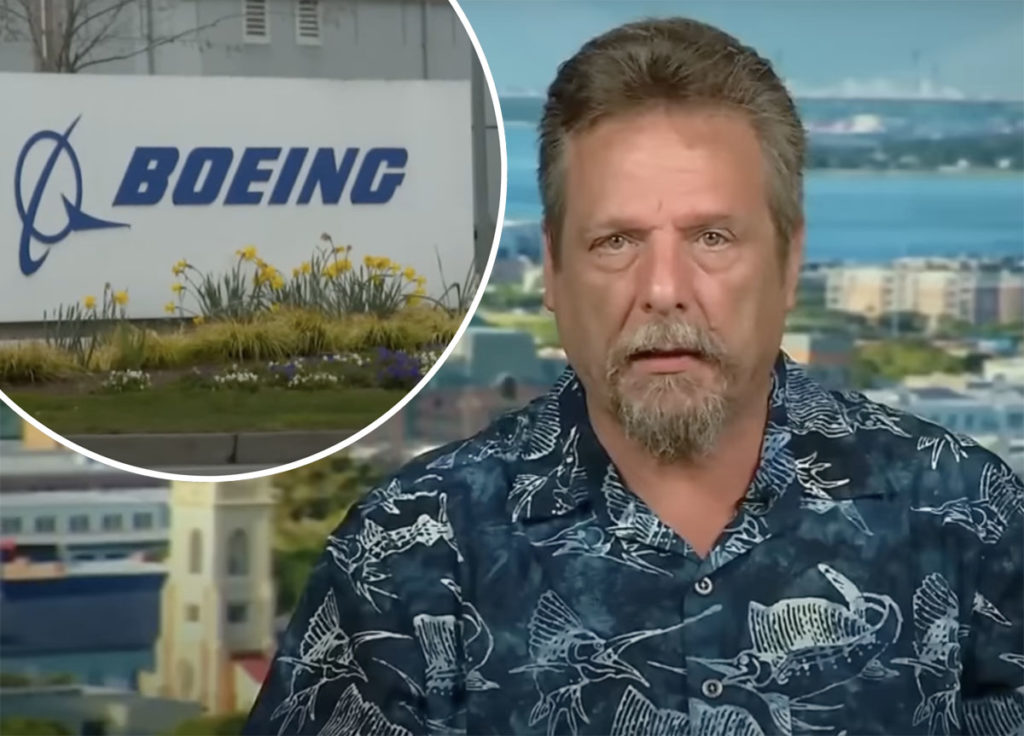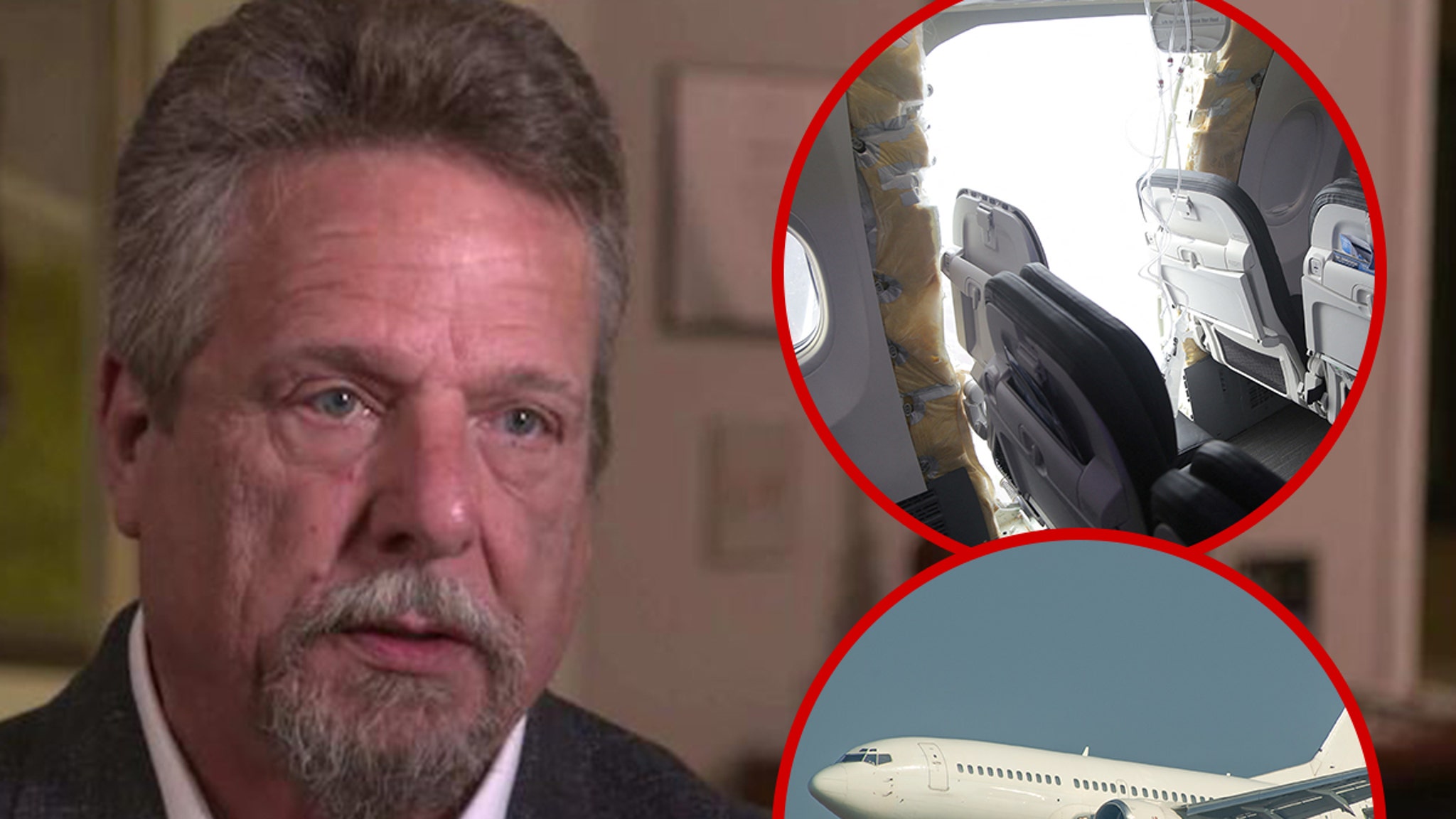Let’s talk about a story that hits close to home for many of us who care about corporate accountability and human dignity. John Barnett, a former Boeing quality manager, tragically took his own life last March in the parking lot of a South Carolina hotel. This wasn’t just any day—it came after days of intense and grueling testimony tied to a whistleblower lawsuit he was pursuing against Boeing. His death sent shockwaves through the community, sparking questions about how far corporations will go to silence those who speak out.
Understanding the Tragedy: A Family's Fight for Justice
John Barnett wasn’t just another employee; he was a dedicated professional with years of experience in quality control at Boeing. But when he decided to blow the whistle on safety concerns within the company, things took a dark turn. According to his family, Barnett faced relentless harassment, intimidation, and abuse from Boeing during his legal battle. It got so bad that it contributed to his PTSD, depression, anxiety, and panic attacks—all of which ultimately led to his untimely death.
The Charleston County Coroner's Office ruled his death a suicide, but the story doesn’t end there. Now, Barnett’s family is fighting back, filing a wrongful death lawsuit against Boeing. They believe the company’s actions were deliberately designed to break him, both professionally and personally. This case isn’t just about one man—it’s about holding powerful corporations accountable for their treatment of whistleblowers.
Read also:Understanding The Complex Dynamics Between Russia And Ukraine
What Happened Before the Tragedy?
Leading up to that fateful day, Barnett had been subjected to days of relentless questioning about his whistleblower lawsuit against Boeing. These weren’t casual interviews; they were intense, high-pressure interrogations meant to wear him down. As someone who worked tirelessly to ensure the safety of Boeing’s products, Barnett found himself on the receiving end of what his family describes as a “concerted campaign of harassment, abuse, and intimidation.”
This campaign didn’t just affect Barnett’s professional life—it spilled over into his personal well-being. The stress and trauma he endured manifested in severe mental health issues, including PTSD, depression, and anxiety. His family argues that these conditions weren’t random—they were direct results of Boeing’s deliberate actions to discredit and humiliate him.
Boeing's Response and the Larger Implications
Boeing, as you might imagine, has its own side of the story. However, the allegations made by Barnett’s family paint a disturbing picture of how some corporations handle whistleblowers. The lawsuit includes chilling details, such as notes found in Barnett’s truck after his death. One note read, “I pray this helps others.” Those words alone speak volumes about the pain and desperation Barnett felt—and the hope he still carried for change, even in his final moments.
This case isn’t just about Barnett; it’s about setting a precedent for future whistleblowers. If companies can silence critics through intimidation and harassment, where does that leave the rest of us? The lawsuit aims to expose the tactics used by Boeing and hold them responsible for their role in Barnett’s death.
What Is a Wrongful Death Lawsuit?
A wrongful death lawsuit is filed when someone dies as a result of negligence or intentional actions by another party. In this case, Barnett’s family argues that Boeing’s deliberate campaign of harassment and intimidation directly contributed to his death. They’re not just seeking compensation—they’re seeking justice for a man who risked everything to do the right thing.
Wrongful death lawsuits are complex, emotional, and often controversial. They force us to confront uncomfortable truths about power dynamics in the workplace and the lengths some organizations will go to protect their interests. For Barnett’s family, this lawsuit is more than a legal battle—it’s a fight for recognition of the human cost behind corporate decisions.
Read also:Joe Ingles Journey Balancing Basketball And Family Life
Where Do We Go From Here?
The case against Boeing is still unfolding, but it’s already sparking important conversations about corporate responsibility and transparency. People are asking tough questions: How far is too far when it comes to protecting corporate interests? What protections should exist for whistleblowers who expose wrongdoing? And most importantly, how can we prevent tragedies like Barnett’s from happening again?
As we watch this story unfold, let’s remember the human beings behind the headlines. John Barnett wasn’t just a whistleblower—he was a husband, a father, and a dedicated professional who believed in doing the right thing. His story serves as a reminder of the courage it takes to stand up against injustice, even when the odds are stacked against you.
In the end, this case isn’t just about one man or one company—it’s about all of us. It’s about the kind of society we want to live in and the values we choose to uphold. Whether you’re a whistleblower, a concerned citizen, or someone who simply cares about fairness and justice, this is a story worth paying attention to.


